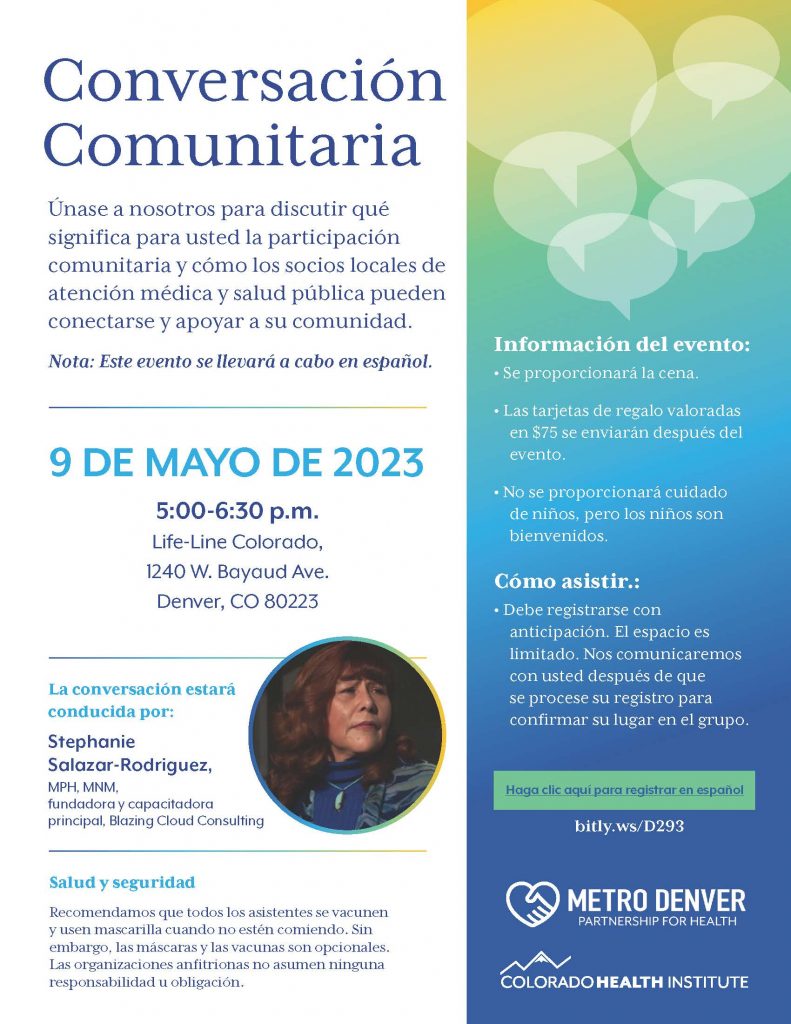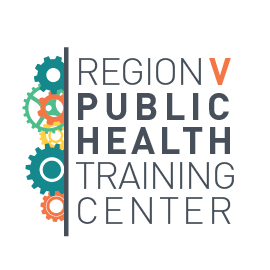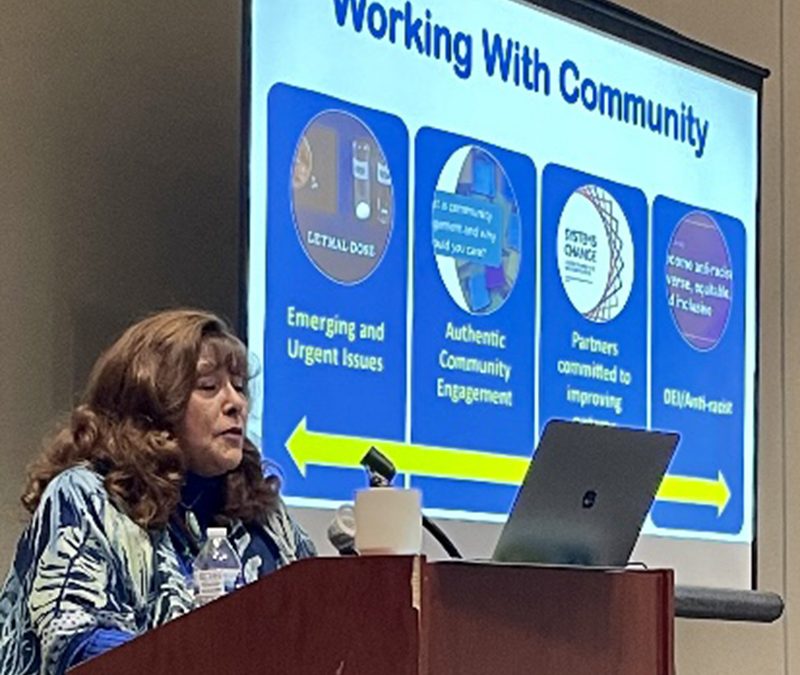By Stephanie Salazar-Rodriguez, MPH, MNM, Blazing Cloud Consulting, LLC
Addressing root causes to public health inequities is a complex issue that requires a comprehensive response to ensure community voices are heard and elevated. Systems change may require a complete paradigm shift that will not only promote authentic community engagement and leadership development, but will also change public policies to ensure community engagement is funded and incorporated in all facets of public health. This response also includes encouraging the current public health workforce to develop, advocate, and promote community engagement opportunities, while ensuring their respective organizations build it into long-term sustainability plans.
Without input from communities that have experienced systemic and structural inequities, the root causes of health inequities will continue to plague high needs and under-resourced communities, which will only further the divide and defeat the purpose of addressing inequities. Consequently, it is imperative to include a diverse range of community representatives in all aspects of dialogue, as they are the individuals with lived and living experiences. Their collective experiences have exposed them to the shared risk and protective factors necessary to help mitigate health inequities.
The recruitment of demographically diverse individuals is a key to success in serving communities of color. It is imperative to recruit, train, and retain individuals who demographically reflect the communities they serve, in order to ensure they provide culturally and linguistically responsive services. Without addressing the importance of mirroring the community they serve, emerging public health issues will result in less effective methods to address concerns, while continuing to accept the status quo.
Organizations who are the most successful in including community voices to the table must include adequate compensation in their budgets. This should include compensation for their time and expertise and address any other barriers to participation, such as translation services, childcare, and transportation.

As the Community Engagement Consultant for the Colorado Health Institute, I was responsible for recruitment and facilitation of three Community Conversation opportunities, two in English and one in Spanish. The goal of the focus groups was to elevate the voices of community members, by discussing the “challenges they face in meeting their family’s health and basic needs and to gain insight into what they believe it means to be a community leader.” At each of the focus groups, participants were encouraged to bring their children, they were provided a complimentary onsite meal and compensated $75 for their time.
During the past ten years, I have been invited to sit on several community advisory panels to address specific public health challenges, which included addressing major chronic health conditions. This has facilitated an opportunity to offer my knowledge, wisdom, and perspective. On many of the advisory panels, as a trusted community leader, I have been asked to recruit community members who can also share their knowledge and lived experience. These panels have provided a platform for community members to share their experiences with public health practitioners. Ultimately this provides examples of real-life challenges and offers experiences that are not taught in traditional public health classes.
In my opinion, identifying root causes is just the beginning of moving toward positive health outcomes and wellness. The next step is to understand and promote the importance of providing culturally and linguistically healing opportunities. Communities of color have been forced to be resilient as they have survived more than 500 years after colonization. Yet, survival should not be the end result, rather ensuring thriving communities should be the definitive goal.
To effectively address root causes in public health, each of us, as public health practitioners, plays a very important role. Remember, first we must all recognize our own privilege, power, and advantage and be willing to identify our blind spots, to ensure we do not contribute to trauma, shame, and disempowerment. Keep in mind that everyone comes to the table with their own experiences, strengths, and areas of improvement. Ultimately, it takes a village to ensure all facets of root causes are adequately addressed.
To learn more, check out this resource:
- Interoperable Social Health Information Exchange Ecosystem: Making Connections to Help Coloradans Meet Social and Health Needs

